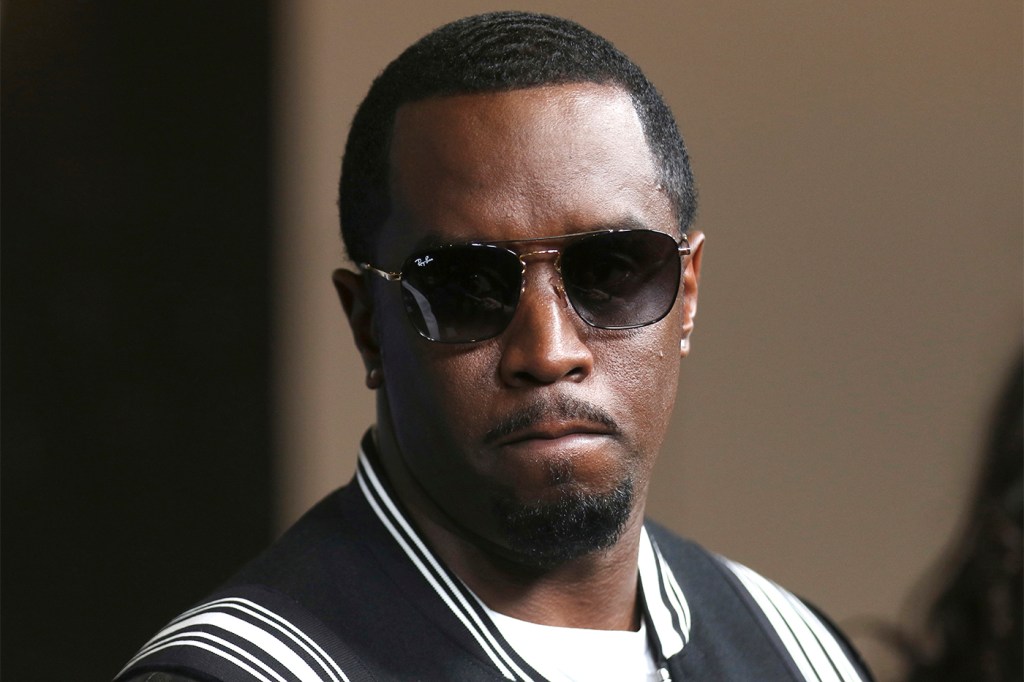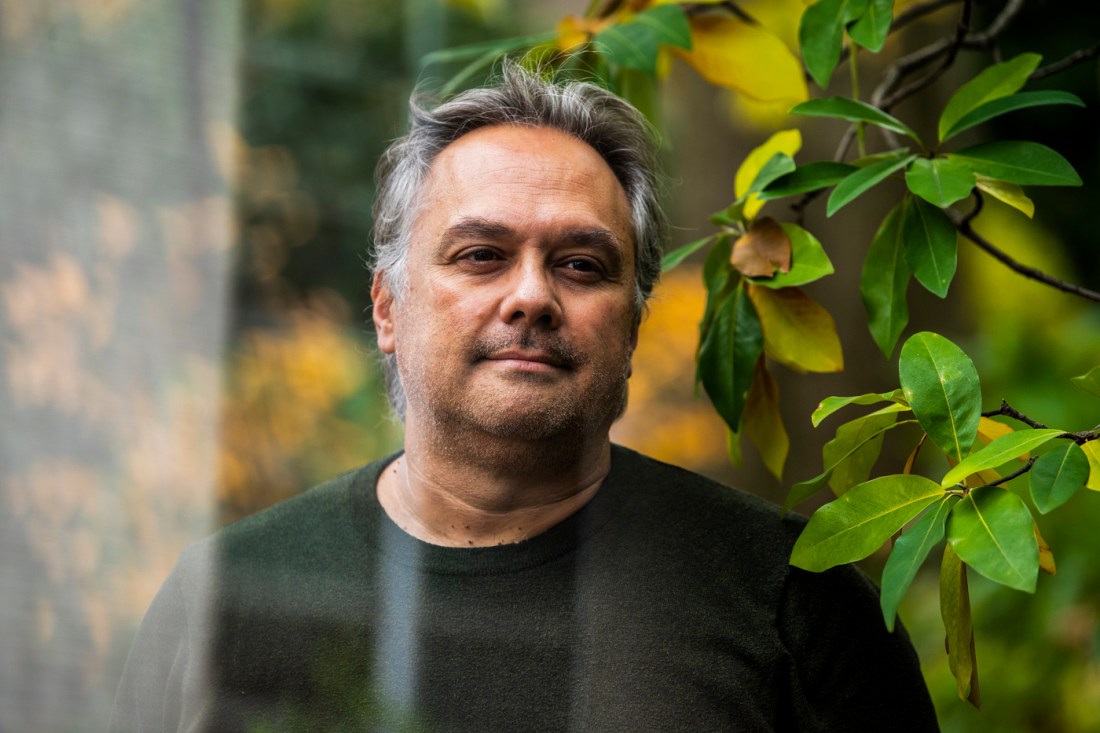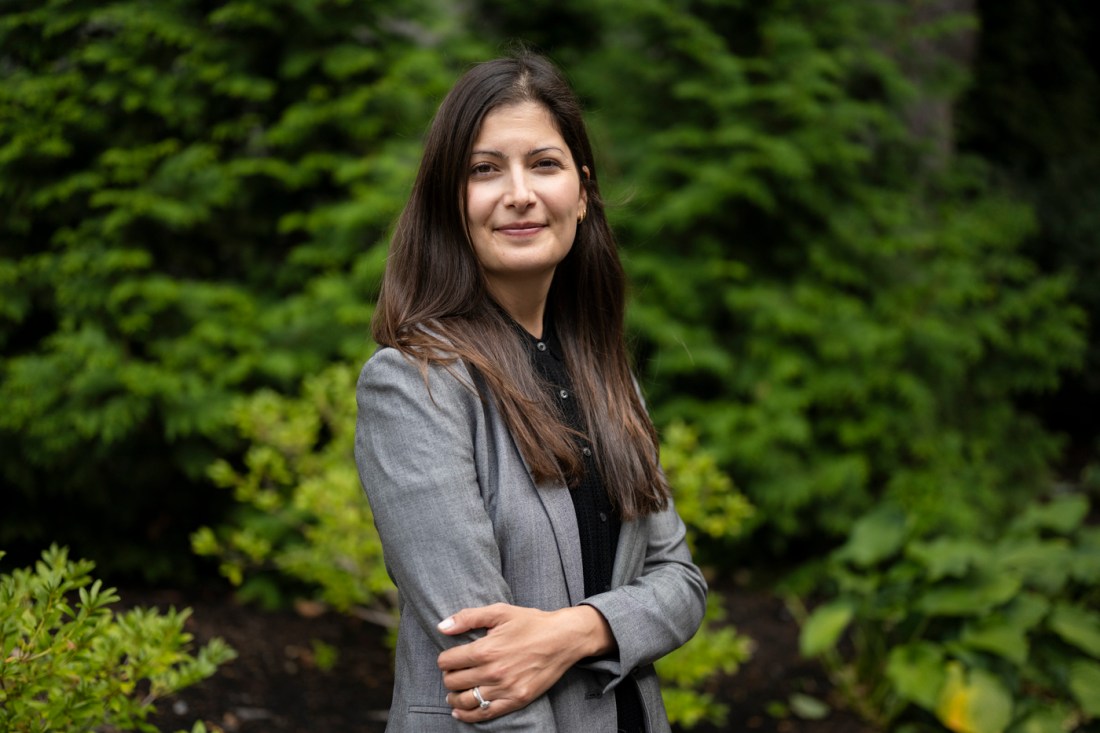More victims likely to come forward following Sean Combs’ arrest for trafficking, Northeastern experts say
The rap star was charged for allegedly abusing and threatening people for sex trafficking. Experts say the arrest of the celebrity may empower others to tell their stories.

On Sept. 16, federal law enforcement agents arrested Sean “Diddy” Combs and charged him with racketeering conspiracy, sex trafficking and transportation to engage in prostitution after a months-long investigation into the musical artist and producer.
The federal indictment accuses Combs of kidnapping, arson, bribery and assault in order to run a concealed sex trafficking ring. Officials said he forced his victims to engage in days-long sexual performances known as “freak offs.” Combs allegedly would manage and record these acts and threaten, drug or physically harm his victims to get them to comply or keep them quiet after the fact.
According to the indictment, Combs allegedly ran this ring for over a decade and across several states.
A team of lawyers working on behalf of alleged victims announced Tuesday that it would be filing more than 100 suits against Combs.
Northeastern experts said these charges are likely just the tip of the iceberg when it comes to Combs’ criminal activity and more victims are likely to come forward in light of the recent arrest.
“Seeing someone very famous being held accountable for their actions, maybe survivors that had had horrific acts done to them might feel safe or empowered to also come forward,” said Hayat Bearat, visiting associate professor and interim director of the Domestic Violence Institute at Northeastern University. “The power dynamic now has shifted a bit and those individuals aren’t able to just get away with this.”


The federal indictment claimed that Combs “as the leader of a multi-faceted business empire” used his business employees to carry out these criminal activities, including having them arrange the travel and stock hotel rooms for the “freak offs.”
This, along with the extensive nature of the crime, indicates there may be more people implicated in this, said Carlos Cuevas, professor of criminology and criminal justice at Northeastern University.
“This is not a one-person operation,” Cuevas said. “He’s going to have other people around him that are going to help facilitate this. I’m curious to see who else comes to the forefront in terms of individuals who may also be charged. There’s going to be a lot of attention around who participated in these parties.”
There has already been speculation online about what celebrities may have been involved. Cuevas, who is an expert in sexual violence, said Combs’ money and celebrity probably elevated the scheme and made it larger and more elaborate than a typical sex trafficking operation.
In addition to more accomplices being named, Cuevas also said there will likely be more victims who come forward.
People began speaking out against Combs last year. Several women filed lawsuits against him under New York’s Adult Survivors Act, which temporarily lifted the statute of limitations for survivors of sexual assault, allowing them to file lawsuits for crimes committed years earlier. One of the suits was filed by Combs’ ex, singer Cassandra “Cassie” Ventura, in which she accused him of sexual assault, battery, sex trafficking and forcing her into sexual acts.
Bearat said these suits may have been a tip-off to authorities.
“Anytime someone throws out the term ‘trafficking,’ that can certainly involve federal authorities,” Bearat said. “With someone who has so much power and fame, just hearing some of the accusations certainly would’ve triggered federal involvement.”
Cuevas said usually when people begin speaking out against a public figure’s alleged misconduct, others feel more empowered to come forward, as was the case with convicted sex offender and disgraced film producer Harvey Weinstein.
“It helps other individuals come forward and talk about what they experienced,” Cuevas said. “The reality is that doing that even in a non-high-profile case is an incredibly difficult thing to do. … So somebody doing so in such a high-profile case is really at another level in terms of the challenge and the potential backlash. My hope is that it’s a case that helps encourage other people to come forward and disclose the experiences they’ve had.”







